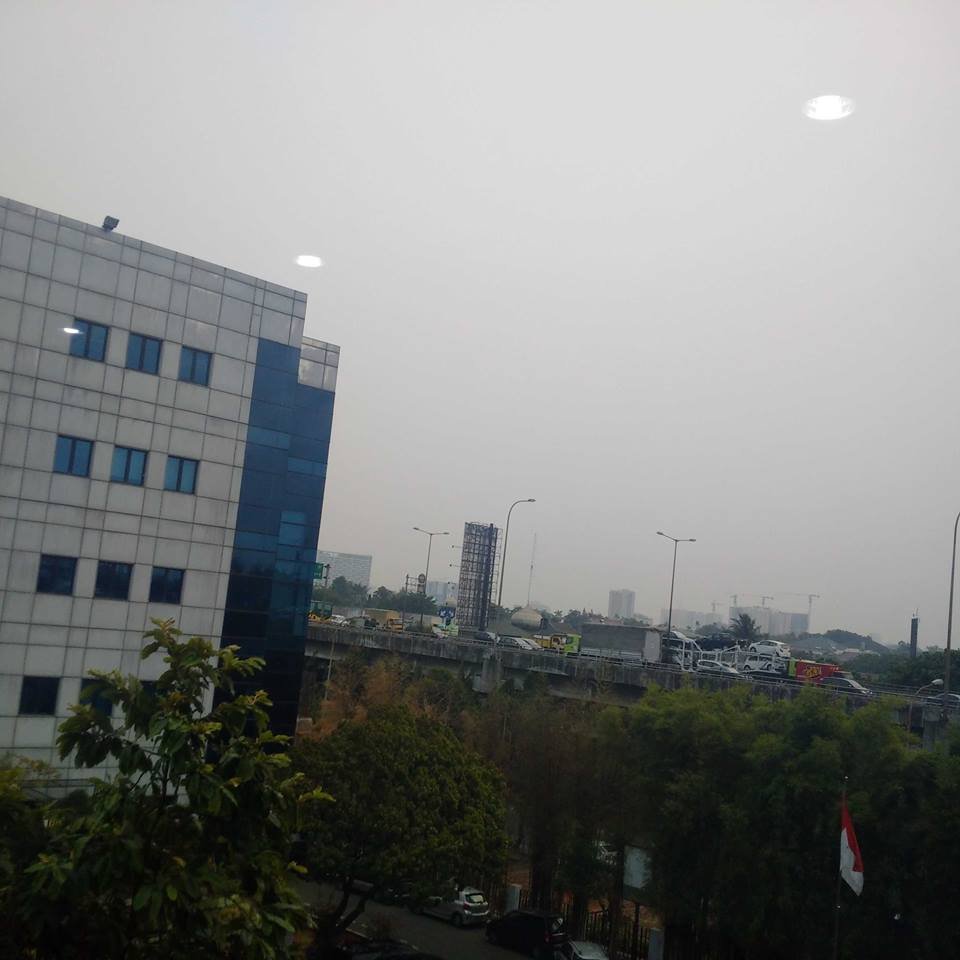JAKARTA, JAKTIMES.COM — The rain falling over Jakarta no longer brings only freshness. Hidden within its droplets are microscopic plastic particles — a silent threat to the health of the city’s residents and its environment.
This alarming finding comes from the National Research and Innovation Agency (BRIN), which recently discovered microplastics in Jakarta’s rainwater. These tiny particles, remnants of degraded plastic waste, have now officially become a new form of air pollution in the capital.
Responding to the research, the Jakarta Environmental Agency (DLH DKI) is taking swift action. Its head, Asep Kuswanto, described BRIN’s discovery as an “environmental alarm,” underscoring how the plastic waste crisis has reached an unprecedented level.
“We view this finding as an environmental alarm that requires a fast and collaborative response. Plastic pollution is no longer just a problem for the ocean or rivers — it has reached the skies above Jakarta,” Asep said, as quoted by Antara on Saturday (Oct 18).
According to Asep, the Jakarta government is now strengthening plastic waste control from upstream to downstream, including integrated monitoring of air and rainwater quality, as well as expanding community-based waste management programs.
Over the years, the city has rolled out several key policies — from Governor Regulation No. 142 of 2019, which mandates the use of eco-friendly shopping bags, to the Regional Waste Management Strategy (Jakstrada) that aims to reduce 30 percent of waste at its source.
The DLH is also expanding the reach of waste banks, 3R waste facilities (Reduce, Reuse, Recycle), and various community recycling initiatives that have emerged across Jakarta’s neighborhoods.
“Reducing plastic waste must start at the source — from households and industries to the service sector. Everyone has a role to play,” Asep emphasized.
Moving forward, DLH DKI is partnering with BRIN to enhance microplastic monitoring through the Jakarta Environmental Data Integration (JEDI) system — a digital platform integrating air, water, and environmental data.
This platform is expected to serve as a foundation for stronger policies to curb plastic pollution in the capital — before Jakarta’s skies become fully clouded by the invisible traces of human consumption (Ant/Wan).


